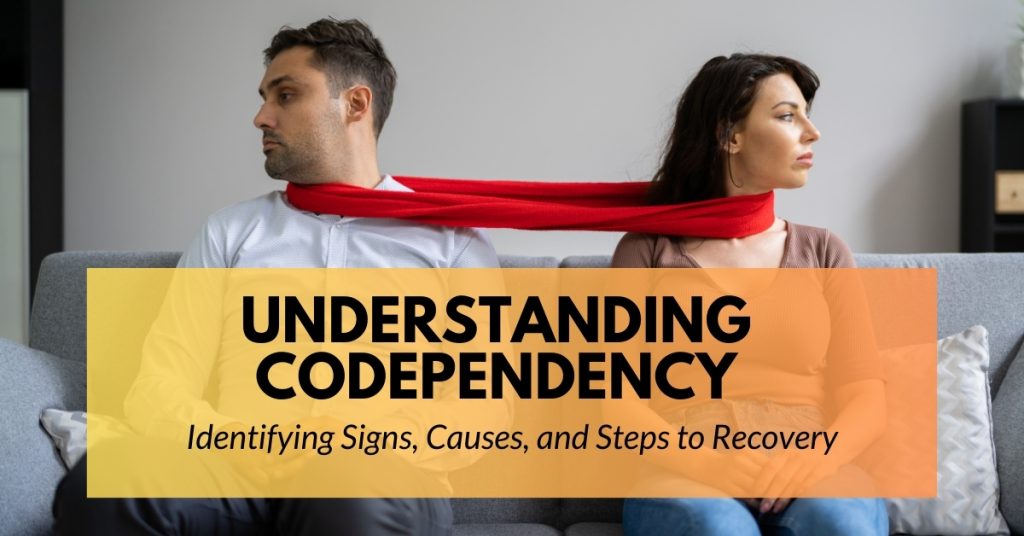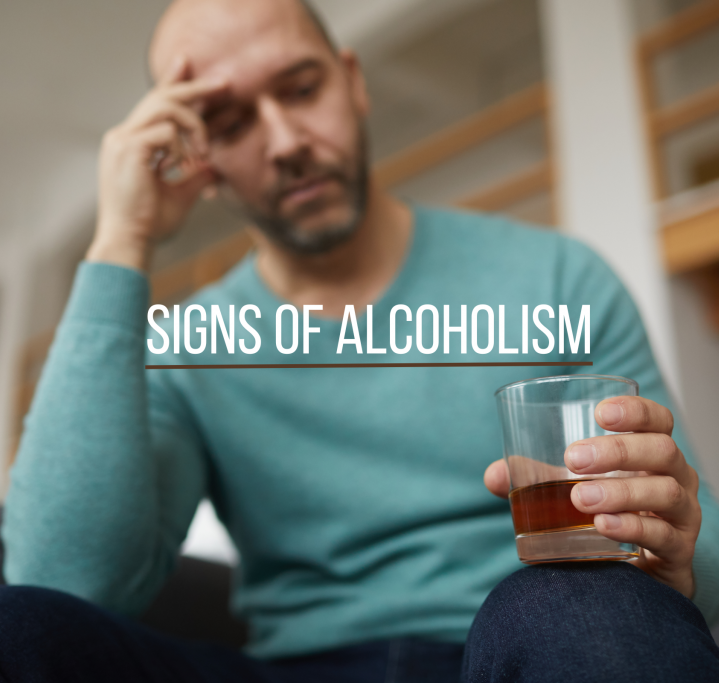Are You Enabling an Addict?
If you have a loved one who struggles with addiction, you might have heard the word “codependency” come up a lot. It’s a word that can sound a little vague. Still, if you’re stuck in a cycle of putting someone else’s needs first, neglecting what’s essential for you to do, or feeling like your well-being … Read more









